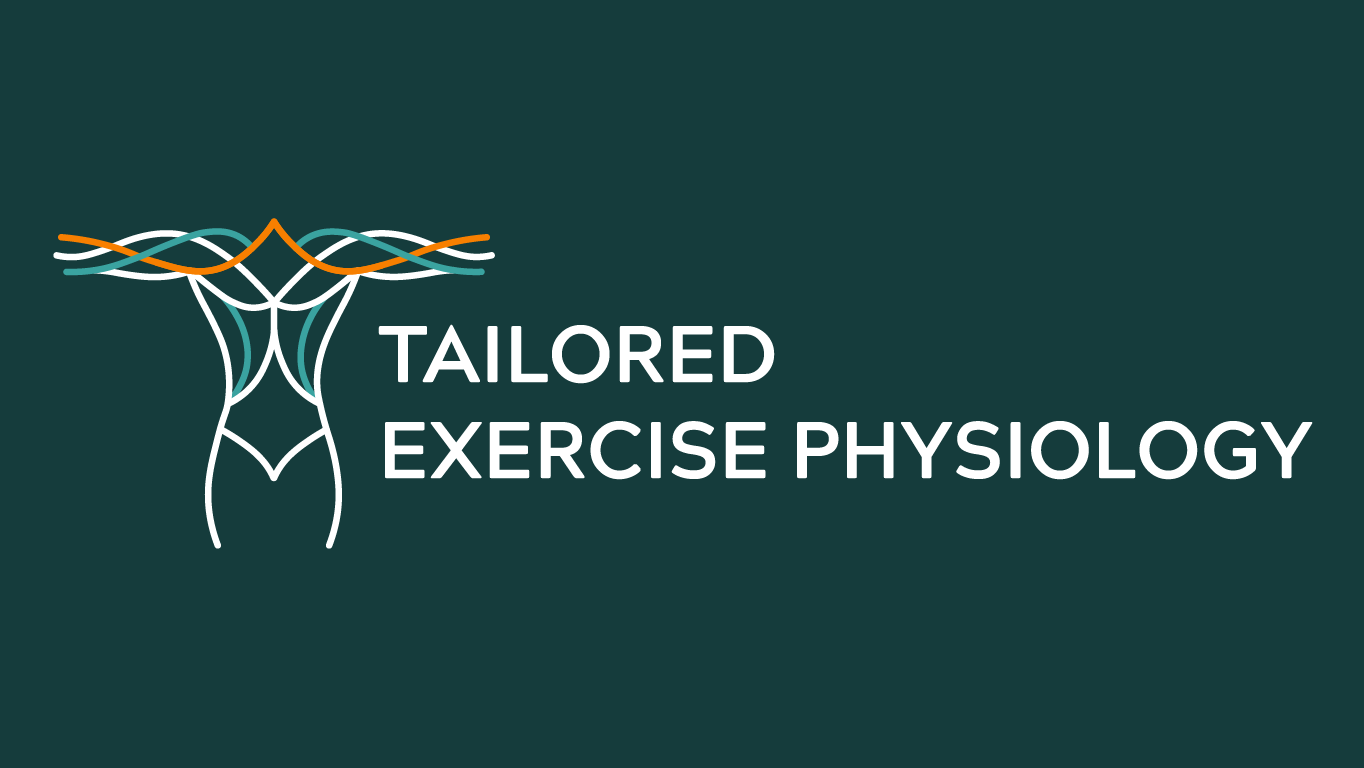Unlocking Heart Health: The Role of Exercise in Cardiovascular Wellness
Cardiovascular disease (CVD) is a broad term that encompasses a range of conditions related to the heart and blood vessels. The most common examples include coronary heart disease, stroke, peripheral arterial disease and aortic disease.
Exercise rehabilitation for cardiovascular disease becomes an integral part of recovery after a cardiovascular event, however its perhaps just as important to recognise the integral role of preventative exercise prescription to minimise the risks associated with CVD.
In Australia, cardiovascular disease stands as the leading cause of mortality. One in every 20 Australians are effected by a CVD diagnosis.

Risk factors of Cardiovascular Disease:
There are both modifiable and non-modifiable risk factors that can affect heart health.
Several lifestyle-related factors contribute to development of CVD. These include
- High blood pressure
- High cholesterol
- Obesity
- Type 2 diabetes or insulin resistance
- Smoking
- Sedentary lifestyle
- Stress
Addressing these modifiable factors through lifestyle change plays a key role in preventing cardiovascular disease.
Some risk factors that are beyond individual control include
- Genetic
- Gender
- Family history
- Age

Preventative Exercise:
If you are at a higher risk of developing a CVD due to non-modifiable risk factors, it is important to incorporate an exercise regime in conjunction with your health professionals. This will minimise the risk of developing heart disease and will promote healthy living.Exercise Rehabilitation:
If you already have a cardiovascular disease, monitoring becomes extremely important. Your exercise physiologist will provide a graded program focussing on safe intensities and will teach you what exercise helps cardiovascular disease and about monitoring to ensure you can exercise independently.

Benefits:
Exercise is crucial to minimising risk factors associated with the development of heart disease. Some key benefits include:
- Improving heart function
- Lower blood pressure
- Improve cholesterol markers
- Weight management
- Stress reduction
- Improved vascular health
- Blood sugar control
- Boost cardiovascular fitness
Exercise remains an effective strategy for cardiovascular disease, both in rehabilitation post-CVD events, but also as a preventative measure to minimise its risks.
Always consult with healthcare professionals for personalised advice and guidance tailored to individual health conditions. Taking proactive steps today can pave the way for a healthier heart tomorrow.
Our physiologists at Tailored Exercise Physiology can provide you with an exercise program for cardiovascular disease. Contact us!


